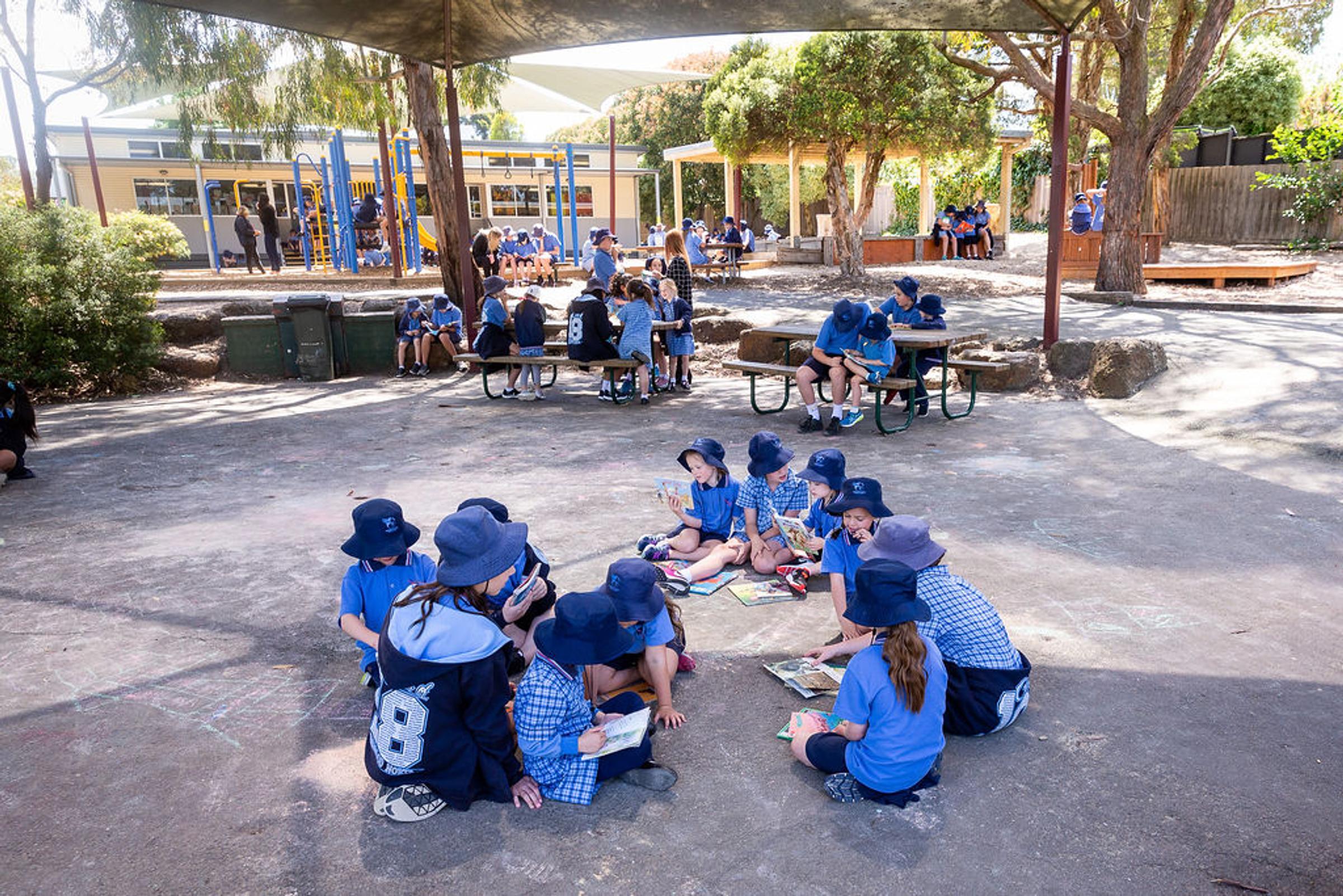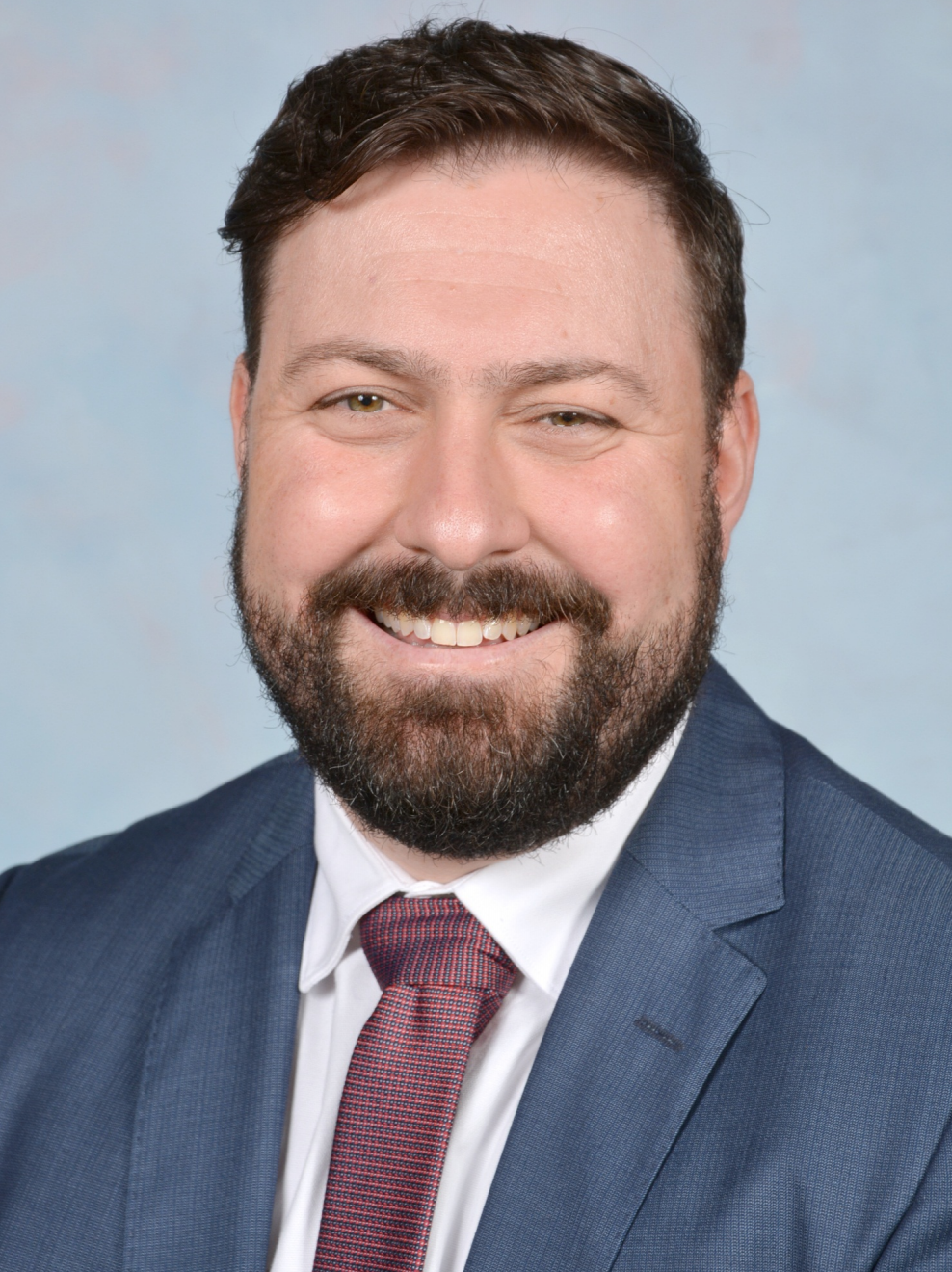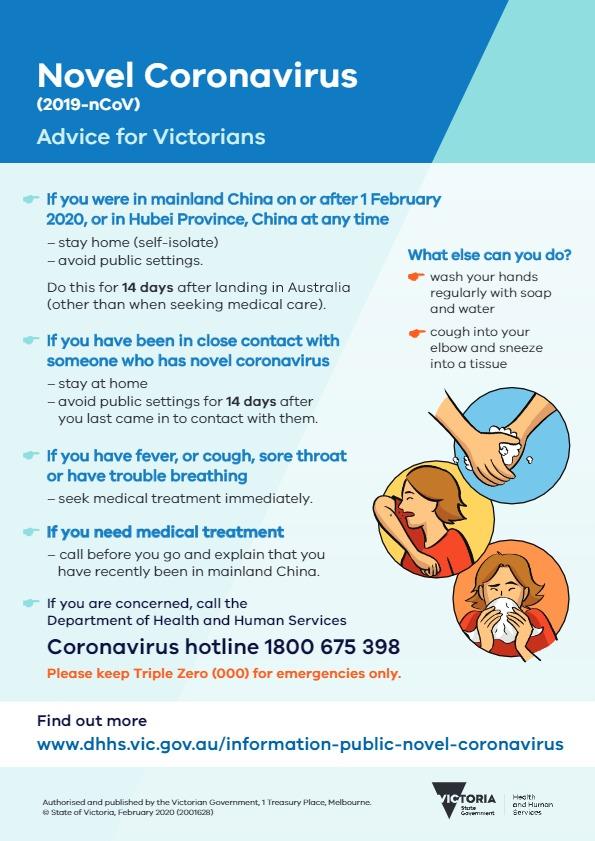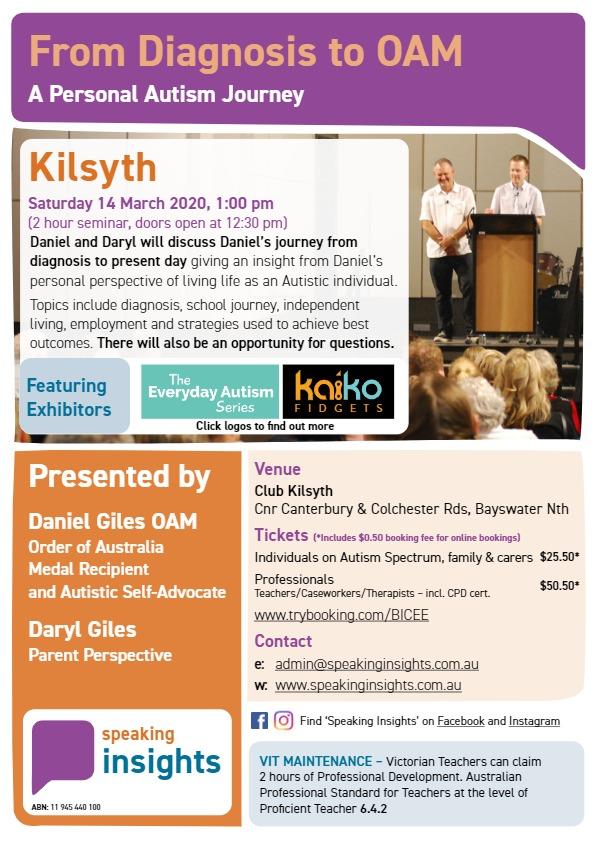FROM THE PRINCIPAL

A message from the Principal
School Council Nominations
I'd like to thank the current School Council members for their time and effort throughout 2019. It was a wonderful group of parents and staff to meet and work with and, with the successful securing of funding for a new building, a very successful one, too.
School Council members play a vital role in the governance of schools, overseeing the work in the background that ensures everything runs smoothly and successfully for your children.
Each member completes a 2 year cycle on council, with half of the council rotating each year. On Wednesday February 26, we will be calling for new nominations for council through a Compass notification. I urge you to consider offering your time to serve on council and nominate when advertised - the service is vital, involves you in activities that benefit your children and ensures the school remains a strong and healthy organisation.
For those parents looking for something a little more casual, why not become a PFA member? We always need more volunteers to help run fun events for students and parents. See details on 'Around the school'.
Home learning
It is the time of year when teachers are setting up their class routines, establishing expectations and getting to know how the class will work together as one vibrant community. Without question, one of the topics raised - and one that I have had parents raise with me - is: What are the expectations at home?
First, a little background: over the last 2 years we have been spending considerable energy improving our classroom practice. We have tried to weed out habits that are inefficient or ineffective, and ensure that everything we do in class is towards one goal: helping students learn and grow. One of the key issues was time spent correcting home learning tasks not related to current in-class learning and time spent disciplining students for not completing tasks. This was particularly in regards to activities teachers developed for students outside of maths and English practice. It was particularly frustrating for teachers who would spend time correcting home learning tasks during class time when only half or a third of the class had completed them. Time spent reading answers aloud or watching students complete their home work during lunch time is not time spent learning. And time spent by teachers creating neat little tables of creative activities, is time not spent analysing student work or planning for future lessons. So ... last year we agreed as a staff to cut the frilly bits and focus on what we know makes a difference. There is significant research to support this, too. We know, for instance, that home learning tasks must be able to be completed independently by children and must relate to what they're learning at school, if they're going to have an impact. We also know that large amounts of homework in primary school result in lower student achievement.
So, students are most definitely expected to be working at home - but the instructions are clear:
- Read as much as possible. Year levels will give targets to help motivate students and set achievable goals but my philosophy is that everyone should read daily from birth to death. Students who read extensively are better at spelling, better at writing, and more ready to tackle difficult concepts and problem solving tasks.
- Practice maths fundamentals frequently. Mathletics is one way to do this and some year levels will have set tasks to guide students about what to practice. But at its most simple level, counting, addition, subtraction, multiplication, division and fractions are all around us and need to be practised. Board games, ipad apps, wall charts are common ways to practice but daily applications outside the home are just as relevant: calculating fuel cost, buying fruit and vegies, cooking, using a pedometer, planning travel .
- Think about and practise spelling. All students have set spelling words (Preps start with high frequency reading words) that should be communicated home - some year levels in written form, others digitally. Reading the words and spelling aloud; writing the words out; spelling on the fridge with magnets; finding them in books they're reading or magazines ... there are a number of ways to practice them, all are valid and usually mixing things up keeps children interested. Word lists are developed based around common spelling patterns and can easily be extended or simplified if your child needs this.
Students may be required to complete unfinished work at home or complete work they can only do at home (e.g. logging their activities, interviewing family etc.) but otherwise, this is what's expected. Teachers can help give further ideas about ways to practise and if your child's spelling words don't make it home, they can work with you on changing that.
It is not true that there are no home learning expectations - so you can tell your child that. By regularly revisiting the absolute fundamentals of what we're doing at school, you ensure your child re-enters their classroom with a little grain of confidence more each day.
So, just as teachers are establishing their classroom routines with the children, I encourage you to do the same at home. How will reading work? When and for how long will they read? How will they select their books? How will they be practising spelling? And what are 5 different ways they can practise their maths at home?
Portfolios
In order to try and improve how you can follow your child's progress, we are considering how portfolios are used and what a meaningful portfolio for parents, students and teachers should look like and include. We have made some minor adjustments in-principle over the last 2 years but nothing too big.
To give us some input about what you care about and don't care about, please provide some feedback through this survey link. This input will be a key reference for us in designing portfolios going forward.
Thank You - Margaret Baker
Margaret Baker has been a much-loved and well respected part of RNPS for many years now, in her capacity as a piano teacher. Margaret has supported many students through their AMEB exams and done a wonderful job with a large number of students. Recently, Margaret made the decision to finish up at RNPS - something we were sorry to hear. We wish Margaret all the very best.
For Margaret's students or those looking to start Piano lessons, we are currently undertaking a recruitment process and hope to have somebody employed in the role, ready to start very soon. Our hope is for someone who will start in the next 2-3 weeks but that will depend on the availability of suitable candidates. Mrs Graham will keep existing piano students updated through email. In the meantime, please complete an enrolment form for your child, so the incoming teacher is able to start quickly and get organised early.
Fees & Voluntary contributions
Many of you have started to pay the school fees and contributions - thank you to those who have done so already or have started a payment plan.
A few years ago regulations about how we managed parent payments changed, resulting in reduced communication from schools to families about this and more confusing invoices.
I thought it was timely to explain a little about the voluntary contributions in particular. As a school, we receive a base level of funding to maintain what we have in safe working order for students. Basic replacements and work to essential facilities can be done to ensure that nothing is worse this year compared to last. However, we are not really funded to improve things or for things considered extraneous, which includes playground equipment. So, if we want to do any of the following, we need to find 'local' sources with which to do it: replacing or improving playground equipment or outside play spaces; purchasing technology for student use; maintaining gardens; providing extra furnishings, learning equipment and resources; maintaining or replacing air conditioners ... the list goes on. Fundraising is used to target these areas but school council also requests the voluntary contributions to provide extra funds for these activities. We are proud of the rich environment and resources we provide to our students but it has only been made possible through the generosity of families over the years. And following the current building works we are hoping to go even further in improving the grounds and play areas for children.
So, if you are unsure about whether or not it's worth paying the voluntary contributions, please consider this.
Safe parking
Please remember that the area directly in front of the school is a Drop Off and Pick Up zone ONLY. If you need/want to park and walk your child into school, please park in an alternative location.
I am aware of some builders parking this area one day last week. We have passed on concerns and the same message of 'No Parking', however there will be some days when building works mean that their vehicles spill into different areas. The building works overall have had minimal disruption but we do need to work around the project to some extent.
Please note: Next Thursday Feb 20 a crane and truck will be removing a portable and will likely cause some disruption on Oban Rd from 7am-2pm.
Dogs in the school
We have noticed an increasing number of dogs around student areas this year. I understand many families walk dogs to school, which is a great family activity and not one I wish to discourage.
However, if you are at school with your pet, please ensure that it is on a leash and kept far enough away from students that those who are allergic, scared or uncomfortable, don't need to be near it if they don't want to be. Standing in the middle of a line-up area, around playgrounds or in other high traffic areas makes it hard for every student to avoid the pet if they want to.
Update: Corona Virus
Please see the following information sheet from the Department of Education regarding the novel Corona virus outbreak in China.
Please note that we take these events seriously and will try our best to ensure that students are safe as always but limiting the spread of viruses requires strong cooperation from a community. Monitoring student health, visiting the GP when required and following the advice of authorities is really important. As always, please don't send your child to school if you know they are sick.



